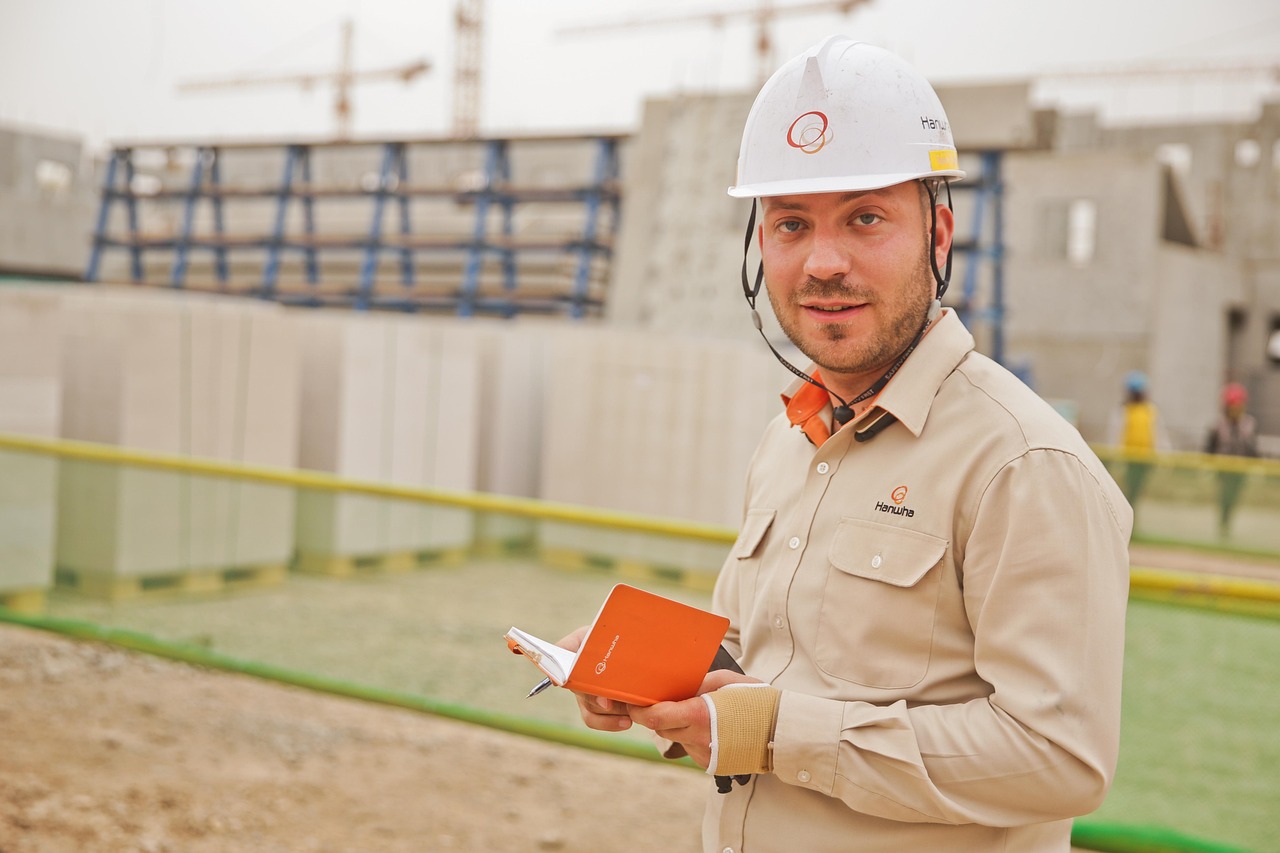Building a Career with Construction Companies in Australia
Australia's construction sector presents substantial opportunities for workers seeking stable employment and career advancement. The industry encompasses residential building, commercial development, infrastructure projects, and specialized trades, offering diverse pathways for professionals at various skill levels. With ongoing urbanization and infrastructure investment across major cities and regional areas, construction work continues to provide reliable employment prospects for both entry-level workers and experienced professionals.

Why the Industry Is Expanding
Several factors contribute to the growth of Australia’s construction sector. Population growth in major metropolitan areas drives demand for new housing developments and commercial spaces. Government infrastructure spending on roads, railways, and public facilities creates additional employment opportunities across the country. The mining sector’s expansion also generates demand for specialized construction services in regional areas.
Urban renewal projects in cities like Melbourne, Sydney, and Brisbane require skilled workers for both demolition and rebuilding phases. Climate-related infrastructure upgrades, including flood mitigation and renewable energy installations, add another dimension to industry growth. These projects often span multiple years, providing consistent work opportunities for construction professionals.
Daily Duties in Construction
Construction workers engage in diverse activities depending on their specific roles and project types. General laborers typically handle material transportation, site preparation, and basic assembly tasks. They work with hand tools and power equipment while following safety protocols and project specifications.
Skilled tradespeople focus on specialized tasks within their expertise areas. Carpenters measure, cut, and assemble wooden structures, while electricians install wiring systems and electrical components. Plumbers work on water supply and drainage systems, and heavy machinery operators manage excavation and material handling equipment.
Site supervisors coordinate daily activities, monitor progress against project timelines, and ensure compliance with safety regulations. They communicate with various trades, resolve on-site issues, and maintain quality standards throughout construction phases. Administrative duties include documenting work progress and reporting to project managers.
What Employers Expect
Construction employers typically seek workers who demonstrate reliability, safety awareness, and technical competence. Physical fitness remains important due to the demanding nature of construction work, including lifting heavy materials and working in various weather conditions. Many positions require workers to stand for extended periods and perform repetitive tasks.
Safety consciousness ranks as a top priority for employers. Workers must understand and follow occupational health and safety procedures, properly use personal protective equipment, and identify potential hazards on construction sites. Many companies provide safety training, but prior certification in areas like first aid or machinery operation can strengthen employment prospects.
Technical skills vary by position but generally include familiarity with construction tools, ability to read basic plans and specifications, and understanding of building processes. Communication skills help workers collaborate effectively with team members and understand supervisor instructions. Problem-solving abilities allow workers to adapt when unexpected situations arise during construction projects.
Salary Expectations in Australian Construction
Construction wages in Australia vary significantly based on location, experience level, and specialization. Entry-level laborers typically earn between $45,000 and $55,000 annually, while experienced tradespeople can earn $70,000 to $90,000 per year. Specialized roles and supervisory positions often command higher salaries.
| Position Level | Annual Salary Range | Hourly Rate Range |
|---|---|---|
| Entry-level Laborer | $45,000 - $55,000 | $22 - $27 |
| Experienced Tradesperson | $70,000 - $90,000 | $35 - $45 |
| Site Supervisor | $85,000 - $110,000 | $42 - $55 |
| Project Manager | $100,000 - $140,000 | $50 - $70 |
Prices, rates, or cost estimates mentioned in this article are based on the latest available information but may change over time. Independent research is advised before making financial decisions.
Regional variations affect compensation levels, with metropolitan areas typically offering higher wages to offset increased living costs. Remote mining-related construction projects often include additional allowances for accommodation and travel expenses. Overtime rates and penalty rates for weekend or holiday work can significantly increase total earnings for many construction workers.
The construction industry in Australia offers viable career paths for individuals seeking hands-on work with tangible results. Industry expansion driven by population growth and infrastructure investment creates ongoing demand for both entry-level and experienced workers. Success in construction careers depends on developing relevant skills, maintaining safety awareness, and adapting to evolving industry requirements. Workers who demonstrate reliability and technical competence can expect stable employment prospects and opportunities for career advancement within this essential sector of the Australian economy.




